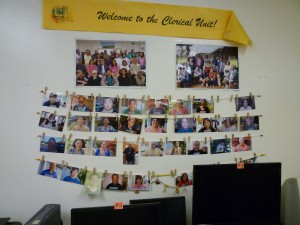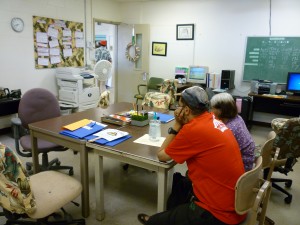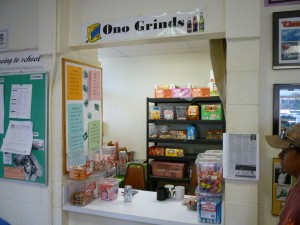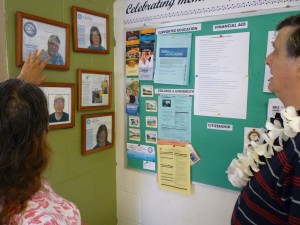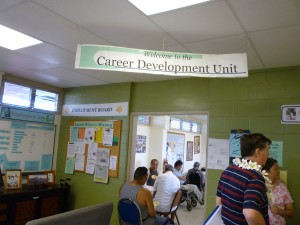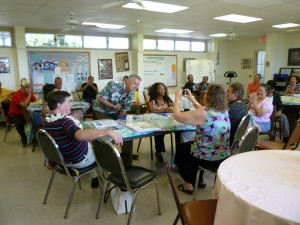Forgotten People — Never to Be Forgotten — A Series: Lesson #10
on June 15th, 2014 at 3:18 pmPeople Need to set Their own Goals, not What Others set for Them
The first nine lessons were devoted to identifying the never-to-be-forgotten Forgotten People and the importance of developing relationships in order to provide opportunities for such people to succeed. The next lessons are devoted to describing how to take advantage of those opportunities. In an intentional community, such as Fountain House, one of the prime purposes of discovering who are the members of that community is to identify what it is that they would like to achieve, and to support their efforts in attaining those goals.
At the memorial service for John Beard in 1982, Michael put into words the role that having desirable goals can mean for any of us. He used the metaphor of the High Point Project (a Fountain House-owned 500 acre farm located near High Point State Park-the highest point in New Jersey) to say: “I met Mark… in the Snack Bar a couple of months ago and we got to talking about High Point, and he referred to it as the Ultima Punta. Doesn’t that sound nice, Ultima Punta? It meant just what it sounds like, ultimate point. You can translate it as High Point. It can mean that – it’s not a bad translation. But more properly, Ultima Punta refers to the world of ideas and particularly, man, any man as high and as deep as he can go or become.“
Fred remembered me from when we were both at Westborough State Hospital. As a member of Boston’s Center Club, he spoke at a conference held at Jordan Hall in Boston. In response to a statement by Executive Director of Horizon House in Philadelphia that members there are told to either “get with” the program or they would be told to leave, Fred’s comment was …(given the choice) “to shape up or ship out, I will ship out every time.” He went on to say that at Center Club, he had never been given that charge, which is why he has stayed active there.
Soon after I meet someone I will ask something along the lines of “If you could choose whatever you want to do what comes to mind? It can be a job, school, social life, etc. It can be in say six months, a year or career-wise, whatever you wish.” The answers can be most informative, for example:
John B. thought for a moment and said that he wanted to go to school to be an accountant.
Jeff wanted to become a professional photographer.
Nielly stated her short-term goal was to return to college and get her degree.
Stephen G. said that in the long run he wanted to become a nurse, and for the short term he wanted to become proficient in American Sign Language in order to work with the deaf members of Fountain House.
Efua related that she had always wanted to have a career in Tourism and Hospitality.
Chris, after being discharged from Manhattan Psychiatric Center, stated: “I am presently seeking full-time work within the graphic design industry and plan on freelancing as an illustrator for greeting card companies and magazines. Future plans also include graduate work in Fine Arts and Illustration at either NYU or at Pratt Institute.”
Jill said after her pet dog died that what she wanted most to do was to be a dog walker.
It is plain to see that people’s goals are both varied and achievable. It is also clear that in most cases goals are job-related. The next lesson will begin to address the employment issue as relating to the never-to-be-forgotten Forgotten People.
This series is an abstraction from a larger writing, pending publication; therefore, any reference to (or quotation from) any of the series must be made with the expressed permission of the author. Requests may be directed to this E-mail address
tandcassociates@gmail.com
As always, readers’ comments and feedback are cordially welcome at the URL below, or at the same e-mail address listed.

